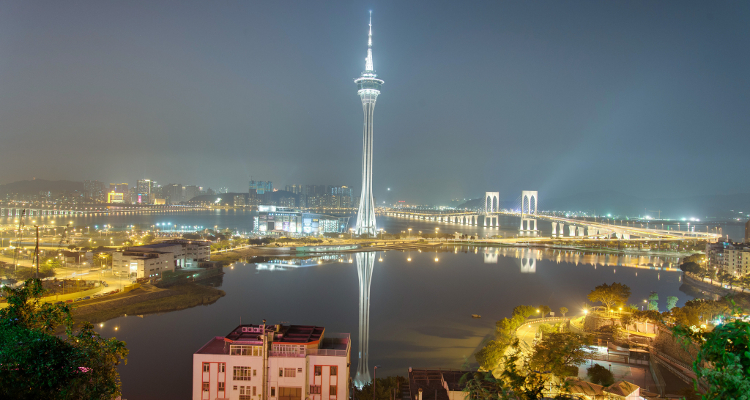The head of Macau’s Gaming Inspection And Coordination Bureau regulator has reportedly announced that none of the 18 employees of Australian casino operator Crown Resorts Limited arrested and detained by Chinese police two weeks ago had been connected to the former Portuguese enclave.
According to a report from GGRAsia, Paulo Martins Chan made the revelation during a casino industry forum concerning corporate social responsibility held at the 254-suite Banyan Tree Macau hotel inside the giant Galaxy Macau development on Thursday.
“From what we understood, none of the 18 detained in mainland China were employees from Macau and the gaming companies here reported to us that they had always been abiding by the laws in mainland China,” said Chan.
However, GGRAsia reported that Chan did not comment on allegations from multiple Australian media sources whether ten individuals subsequently arrested by authorities in China and described as “Chinese organizers of junkets” had any connections to Macau.
In the wake of the first round of arrests, which included Jason O’Connor, VIP International Executive General Manager for Crown Resorts Limited, the government of Macau announced that it would be holding meetings with the six companies licensed to operate casinos in the SAR. It has additionally sought to distance the city from suggestions that the clampdown on marketing activities in mainland China would have any effect on the local gambling industry.
“So far we don’t see any impact on Macau, said Chan. “On the contrary, this case is a reminder for the gaming companies here [that] when they are conducting their marketing activities in mainland China they have to have a clear understanding of its laws and abide by them. As to how this case is being handled on the mainland, we’re not very clear about the details but at least we see no signs that this action is meant to target the casino operators here.”
Lionel Leong Vai Tac, Economy And Finance Secretary for Macau, declared last week that the 18 initial arrests should not have any direct bearing on gaming operators in the city although the Deputy Director for the enclave’s Liaison Office, Yao Jian, explained that the situation highlighted the need for stricter controls.
“I don’t have much comment on this case but what needs more attention is the improvement of the laws regulating Macau’s gaming industry, especially the casinos’ internal controls [as these are] very important for the healthy and sustainable development of the industry and society,” said Jian.
The Liaison Office is the interface between Beijing and the city’s government and has reportedly held regular meetings with the Macau Gaming Information Association, which is a trade body that represents Macau’s numerous junket operators.
“The most obvious thing about Macau’s economy, and which we think marks a turning point, is that we see the city’s [casino sector] transforming into an integrated resort model from the traditional gaming model,” said Jian. “This carries significant meaning for Macau’s society and economy at large. We encourage all these positive changes that surface amidst the adjustment in the gaming industry including the stable development of the mass gaming segment, the enhancement of training for local workers and the increases in their salaries and that each of the gaming operators have a heightened emphasis on developing more diversified projects.”



